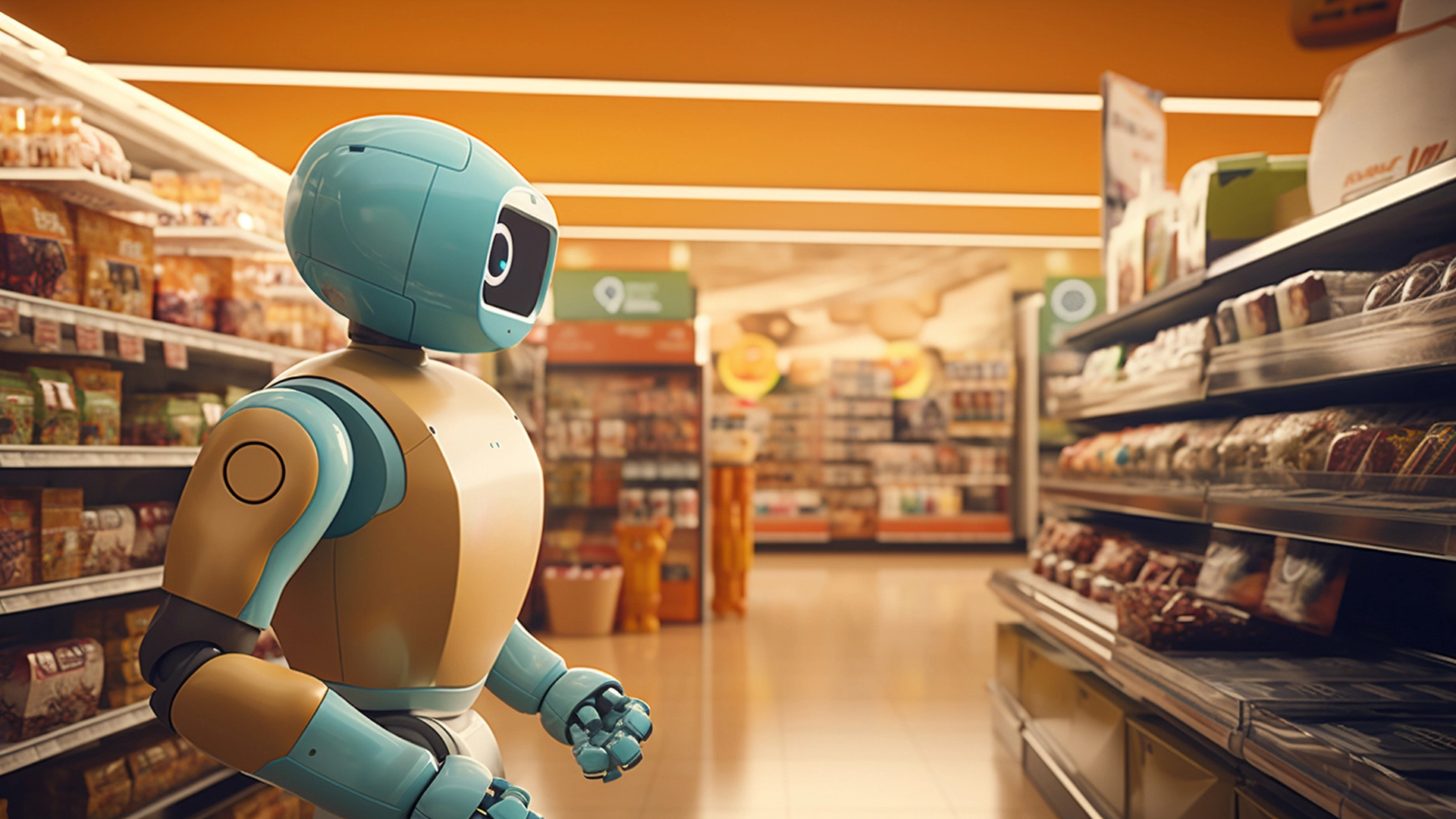
Image by Freepik
Brands Face Disruption as AI Agents Shop for Users
AI shopping agents are transforming e-commerce by cutting search clicks, and forcing brands to change their strategies.
In a rush? Here are the quick facts:
- Almost 60% of European Google searches end without a click.
- Gartner predicts traditional search volume could fall 25% by next year.
- Critics warn AI shopping may reduce privacy, freedom, and consumer choice.
The way people shop online may soon change as AI agents will handle various e-commerce tasks. OpenAI, Google, Microsoft, and Perplexity have all launched AI-powered features that can search for products, recommend them, and even complete purchases on behalf of users.
The Financial Times (FT) elaborates how this shift will be forcing brands to rethink how their products are searched and sold. “AI [agents and chatbots] steal or hijack that consumer from the brand,” warned James Cadwallader, co-founder of start-up Profound, as reported by the FT. “Eventually, the consumer will only interact with the ‘answer engine’, and agents will become the primary visitors for websites and the internet.”
In this new era, people will shop through chatbots instead of visiting retailers’ websites. FT reports that almost 60 per cent of European Google searches already end without a click as people get answers from AI overviews. FT notes that analysts at Gartner predict traditional search volume could drop 25 per cent by next year.
Moreover, Harvard Business Review recently reported that AI agents are increasingly shaping consumer choices, from suggesting alternatives to compiling reviews and recommending stores.
Interestingly, the OpenAI o3-mini model outperformed human writers in persuasion by 82%, showing AI systems can generate more effective arguments for sales.
This new AI era may completely shift traditional brand-consumer dynamics, emphasizing value and service over customer retention.
Small businesses achieve market exposure through their competitive pricing and high-quality products, yet mid-tier brands need to implement “AI Agent Optimization,” which functions similarly to search engine optimization.
FT says that in order to adapt, marketers are testing new techniques, such as longer keyword-filled URLs, faster websites, and clearer product descriptions. “Shopping has to be a deeply personalised experience that resonates with users,” said Lilian Rincon, vice-president of product for Google Shopping, as reported by the FT. Rincon then argued that the new e-commerce AI tools can help people save “time and effort” by reducing the time of browsing through dozens of tabs.
In this scenario, start-ups like Refine and Algolia are building services to track how brands appear inside AI chatbots. Additionally, FT reports that research indicates that bots respond better to text-based advertising than images, so simple written descriptions could prove more effective than eye-catching pictures.
But the change also raises concerns. FT reports that John Bruce, co-founder of Inrupt, warned that AI shopping could limit consumer freedom: “[Consumers] trade utility for privacy, freedom of operation and choice . . . Surrender a pair of shoes today and who knows what you are going to give up tomorrow?”


 Previous Story
Previous Story

 Latest articles
Latest articles 